Our cities are ‘naturally challenged’: here’s why
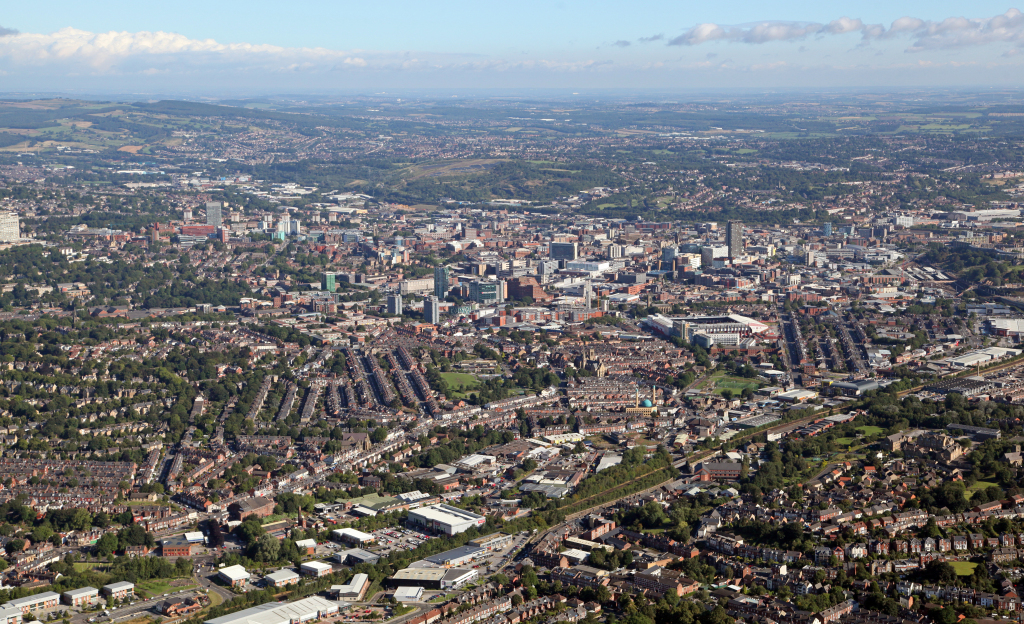
A new book co-edited by Dr Nicola Dempsey highlights the damaging mismatches between what we know about nature and what we do in practice. Online book launch of Naturally Challenged, 08 October 2020, 17.00 BST.
Read more…Why public spaces are important in post war countries
Nadine Khayat

Last year, I embarked on a PhD investigating multiculturalism in public spaces in my hometown Beirut. One of the goals of my work was to learn from Beirut’s crowded and multicultural seafront lessons that could be applicable to the city’s less used green public spaces. And while we tend to think about public spaces as spaces for leisure and respite, in the context I was working on, Beirut- I was also looking at these spaces as spaces of insurgency, temporality, contestation and collective action.
The environment is hotting up, but is it our political climate that is bad for street trees?
Camilla Allen
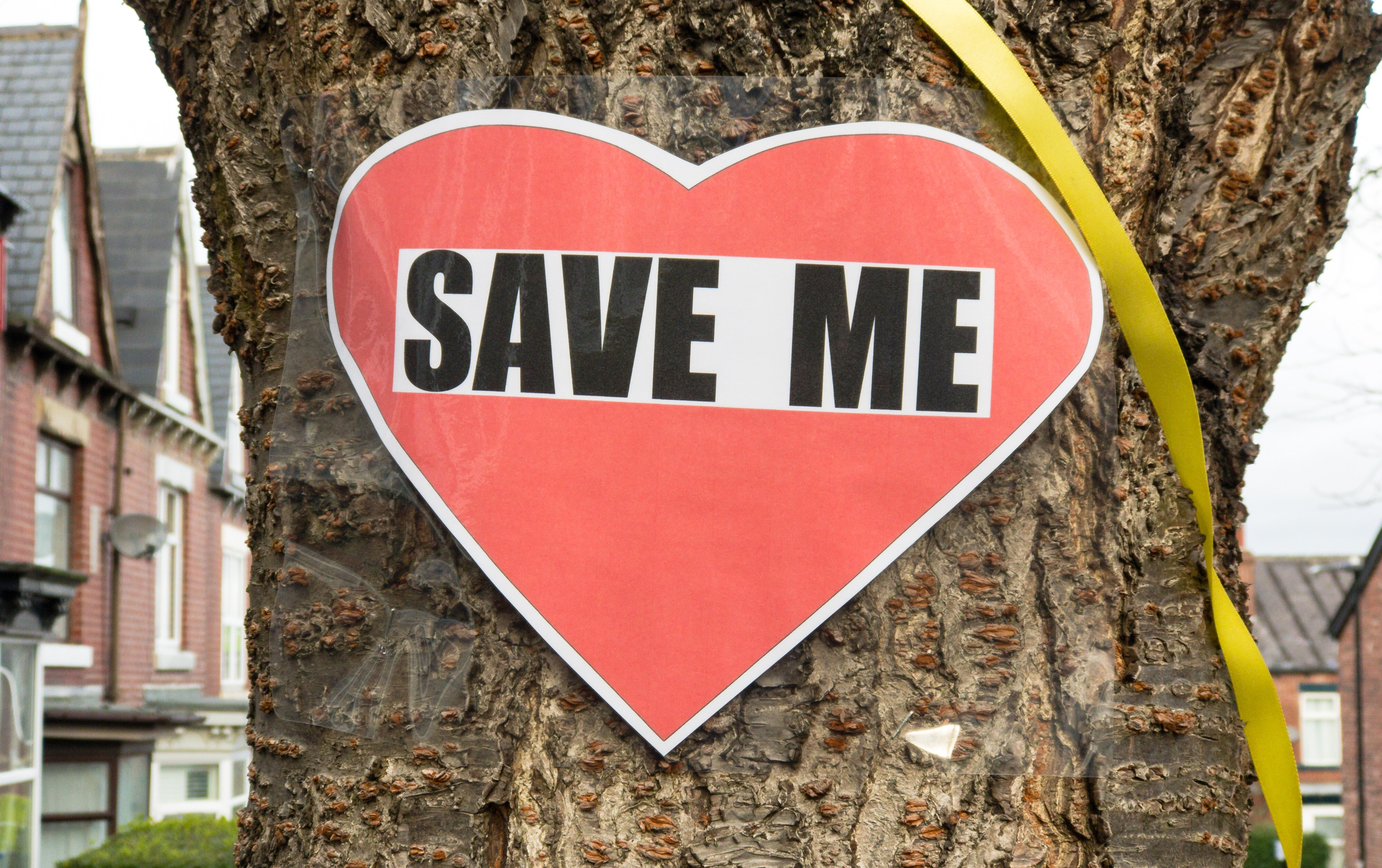
How is it possible that in a period where climate warming is one of the major issues affecting the survival of humanity that street trees are not considered as a vital part of the urban ecosystem, and thus integrated in the political debate?
Debating the financial future of Sheffield’s parks
Dr Nicola Dempsey
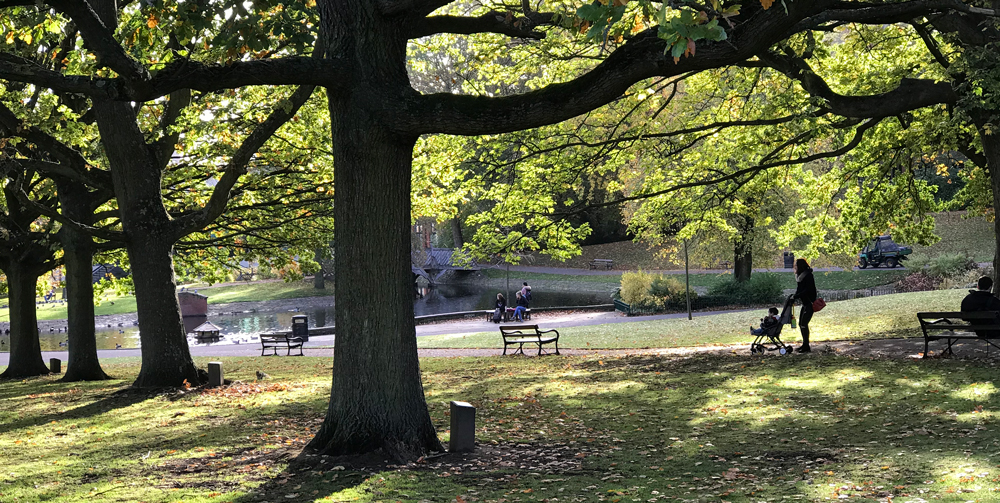
This is the second of two blogs sharing the debate we held as part of the recent The Great Outdoors exhibition in the Winter Gardens, Sheffield.
Co-hosted with colleagues Jill Dickinson and Will Easdon at Sheffield Institute of Policy Studies, Sheffield Hallam University, we asked four speakers to debate the financial future of urban parks. The speakers were Councillor Mary Lea (Cabinet Member for Culture, Parks and Leisure, Sheffield City Council), Sue France (Green Estate which is custodian of Manor Fields Park), Peter Neal (landscape architect and environmental planner), Andy Jackson (Heeley Trust which is custodian of Heeley People’s Park). The debate was chaired by Dr Julian Dobson (Department of Landscape Architecture) who asked the following questions:
Debating the future of urban parks
Dr Nicola Dempsey

I recently co-convened The Great Outdoors exhibition in the Winter Gardens, Sheffield with the Sheffield Institute of Policy Studies (Sheffield Hallam University), Drink Wise: Age Well and Sheffield City Council (Parks & Countryside). As part of this I hosted a debate on the future of urban parks with Hallam colleagues Jill Dickinson and Will Easdon.
Cataloging by the book
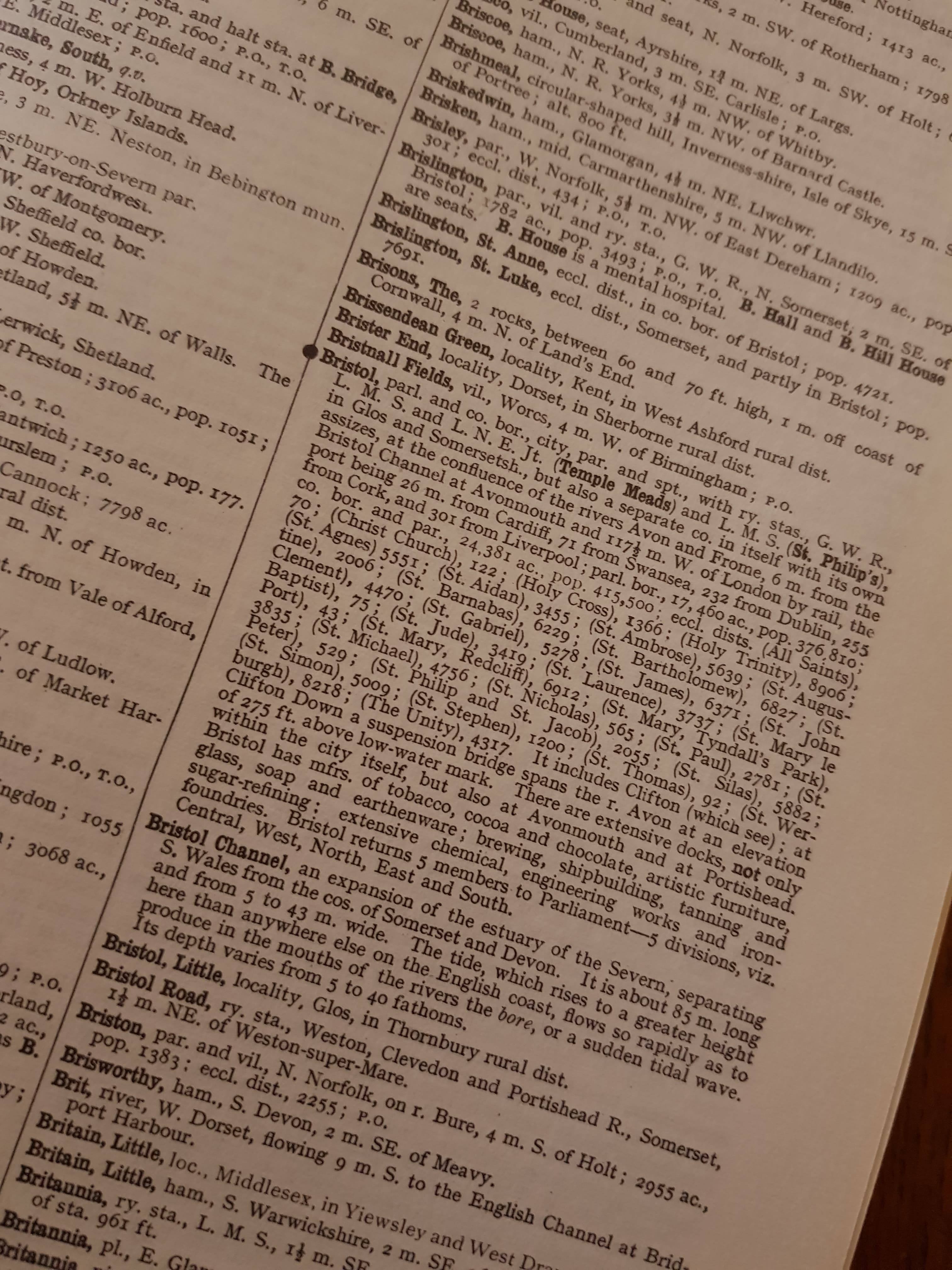
Playing the Archive Team
Playing the Archive: Memory, Community, and Mixed Reality Play, which is an ESPRC collaborative project, aims to explore the nature of play through the ages, and bring together archive material with modern technology. A key part of this project is to digitise and catalogue substantial sections of the Opie manuscript, held at the University of Oxford’s Bodleian Libraries.
The Sheffield cataloguing team are currently constructing the Place Name Authority in their catalogue of the Iona and Peter Opie Archive. Read more…
Green spaces help combat loneliness – but they demand investment
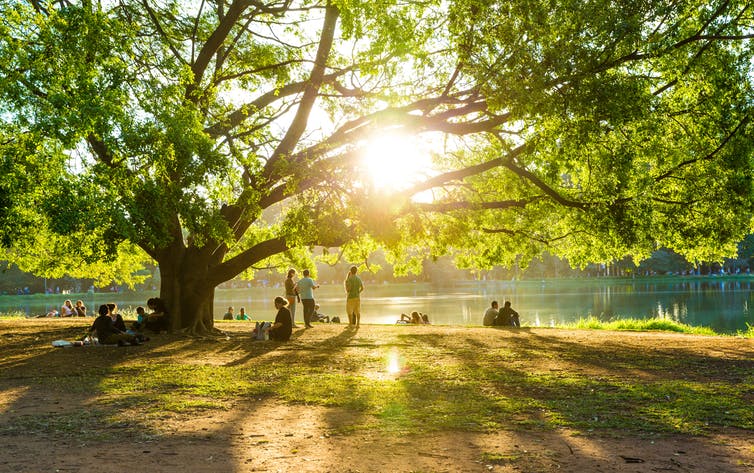
Julian Dobson, University of Sheffield
Urban green spaces – including parks, woodlands, riverbanks, and gardens – are an essential part of a web of physical and mental well-being. They provide spaces to socialise and opportunities to connect with the natural world. They are restorative enclaves in stressful cities.
The UK government’s first strategy on loneliness, recently launched, recognises the importance of green spaces in supporting this web of connections. But England’s urban natural environment is increasingly at risk, jeopardising the ambitions of the loneliness strategy from the outset. Read more…
Peace through Purpose: A week with Scottish rewilding charity, Trees for Life
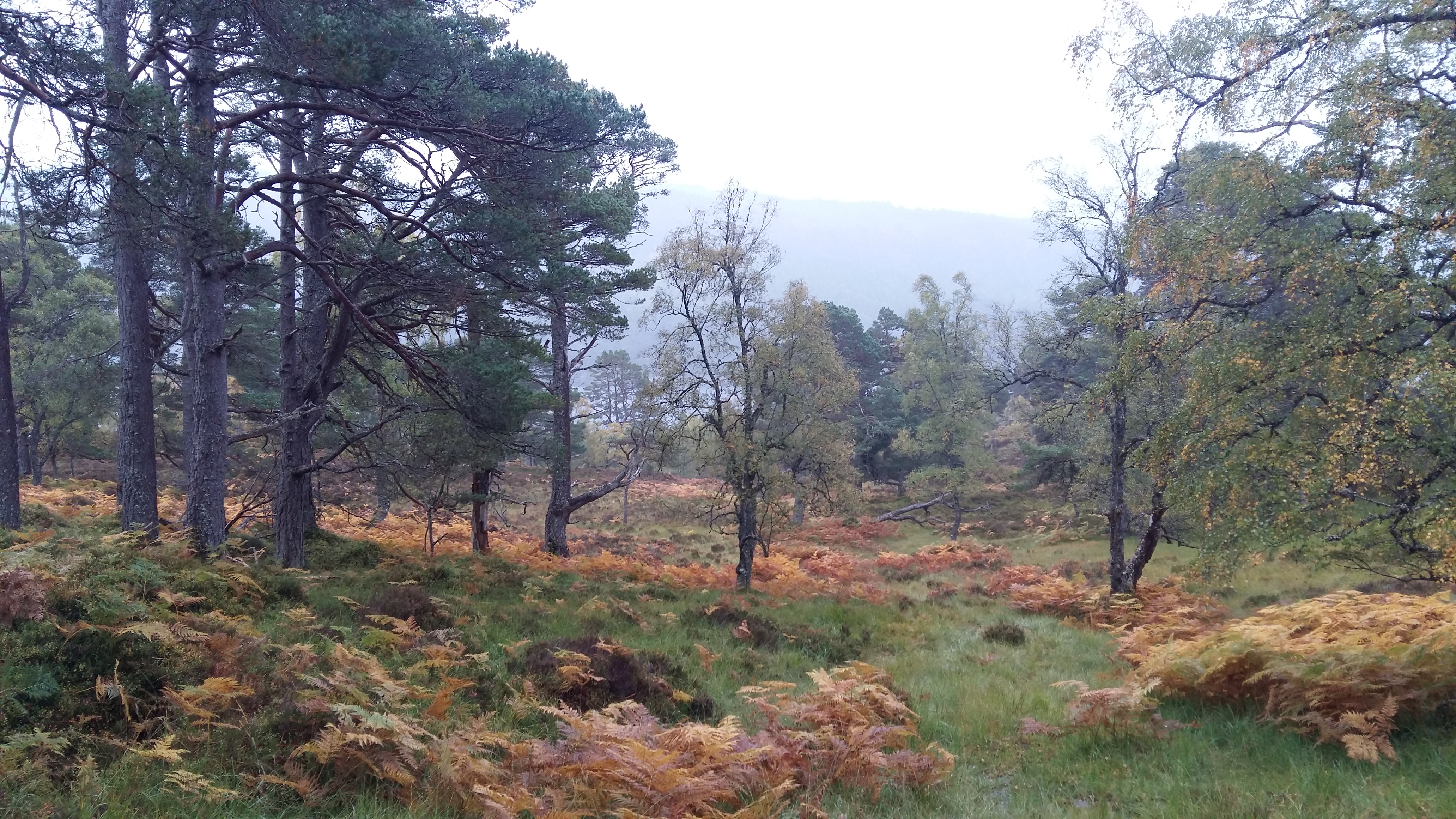
Camilla Allen
In late September I was standing at Inverness station two hours before I was meant to be there. A pause which afforded a moment of reflection on the rush of the preceding week: writing, starting teaching, going to talks, delivering a lecture… It had been busy, and suddenly I was on the cusp of something different and unknown: a week volunteering for Trees for Life in the Highlands of Scotland, working to restore the Caledonian Forest. But was a week in the wilds really a good idea, considering that I am aiming to have my thesis written by Christmas and done and dusted early next year, ready for submission? One might think that it all was a bit of a distraction from the major task at hand… that it might even *gasp* be considered a holiday. Read more…
Focus on Trusts: Urban Parks Management Around the World
Peter Neal, landscape consultant and Fellow of the Landscape Institute came to the Department to lead two informative sessions on the challenges facing landscape managers today. Peter’s talk took us through the changes over generations in how we manage our parks. He showed how closely some parks still replicate park management practices that Edwardian park keepers in straw boaters were doing to sustain manicured lawns that were not to be walked on (keep off the grass!) and bedding areas.
Sheffield Woodland Connections
A small team of the Department of Landscape’s alumni organised four interpretive walks in Ecclesall Woods in 2017 to celebrate the launch of the Woodland Charter
The team, Sheffield Woodland Connections (SWC), consists of five post-graduate alumni from the Landscape Department. SWC is part of the national Tree Charter campaign, which celebrates the 800th anniversary of the Charter of the Forest (issued in the same period as the Magna Carta). Coordinated by the Woodland Trust, the goal of the Tree Charter campaign is to instil understanding, engagement and fascination in trees and woodlands. The interpretive walks that SWC has offered in Ecclesall Woods since April 2017 have been met with consistent enthusiasm and interest. In addition to learning about woodland ecology and ID skills, participants are invited to measure trees, and to share their sketches and poems. Read more…